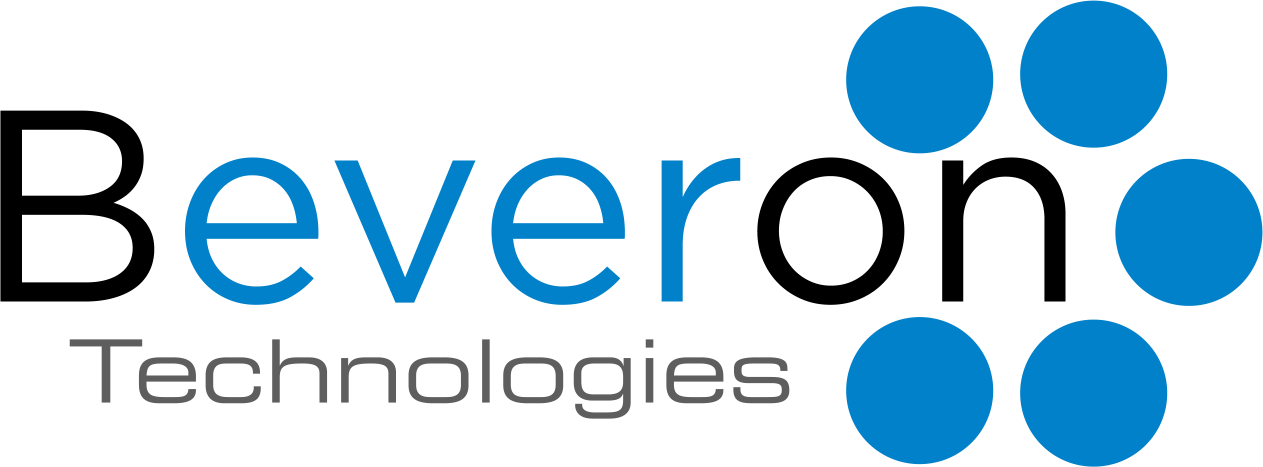Making sense of the hype around AI for corporate legal

WHAT ARE THE APPLICATIONS OF AI AND MACHINE LEARNING IN LEGAL?
Computer Scientist John McCarthy, more popularly known as “The father of AI”, defined Artificial Intelligence as the science and engineering of making intelligent machines, specifically intelligent computer programmes. When AI is mentioned with reference to corporate legal applications, it is usually regarded as “Machine Learning”. Machine Learning is the process by which legal software learns from outcomes and decisions, and keeps improving with more inputs and experience, without being directly programmed to take certain actions or reach specific conclusions. These machines analyse data and learn patterns without significant human intervention – normally requiring just a valid training dataset to get going.
Quite often, Machine Learning is confused with rules-based automation; workflows that are based on pre-programmed “If this then that” algorithms and it is important that legal buyers appreciate the difference when looking to deploy AI within their departments. If the machine isn’t analysing and learning from the data itself but is using pre-programmed, non-evolving rules to automate processes and outcomes, then it’s not AI.For corporate legal teams, machine learning is usually implemented to improve efficiency and productivity, as machines can perform tasks faster than a human, freeing legal counsel up to do higher-value, billable work. These applications include:
• Legal Research: reviewing, tagging and ranking documents that are relevant to a matter or eDiscovery, including highlighting questionable ones that need human review.
• Contract Review: Identifying and flagging clauses for review, searching for missing clauses, and redlining in bulk and at speed.
• Invoice Review: Coding, approving, rejecting or flagging line items and invoices (where rules-based automation isn’t an option.)
• Data Extraction: This can apply to invoices, contracts, documents; any requirement where a mass of non-structured data needs to be organised and classified.
• Litigation analytics: Analysing trial data to predict outcomes of litigation.
MACHINE LEARNING AND EBILLING
Spend management is one such legal-specific application where rules based automation and machine learning can be used together. For instance, Smart Legal Counsel from Beveron has the following functionality for corporate legal departments:
▪ Data extraction: Relevant information can be pulled from PDF invoices, which relieves smaller law firms from the burden of generating complex invoice-files.
▪ Invoice Reviews: Some law firms struggle to code invoices in a way that clients can understand. Smart Legal Counsel takes unstructured invoice data and auto-classifies every task to enable automated invoice review.
▪ Legal Analytics: Unstructured invoice and matter data can be analysed to enhance strategic decision making.
TO SUMMARIZE…
Remember, you should never use any software tool / AI just for its sake – it is rarely the silver bullet. Almost every legal technology tool uses rules-based (non-AI) automation to relieve the legal team of admin and mundane, repetitive tasks; this will be a fantastic starting point for most teams setting out on their digital journey. The ‘power of LegalTech’ and the ability for it to truly change the legal profession is beyond question. However, it is important to proceed with caution and lay the groundwork to ensure that your legal department sees the benefit of machine learning, rather than learning that it has been sucked in by the AI hype machine.










